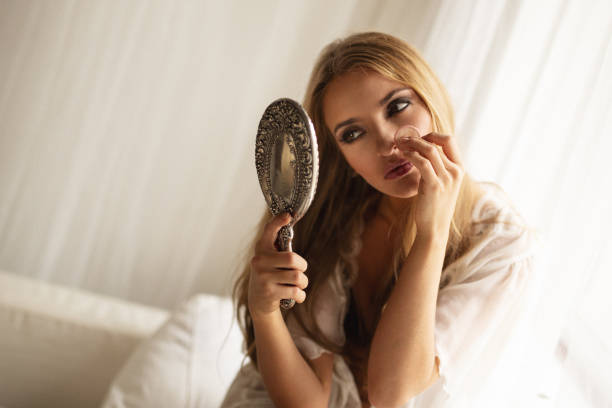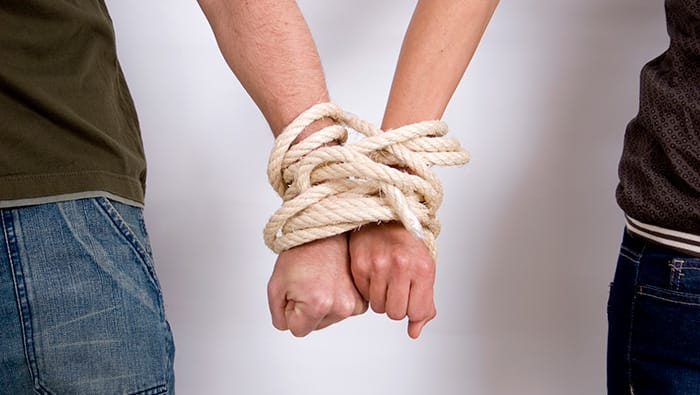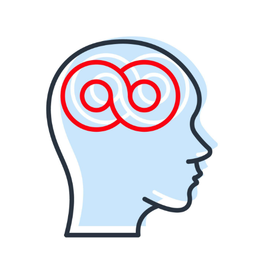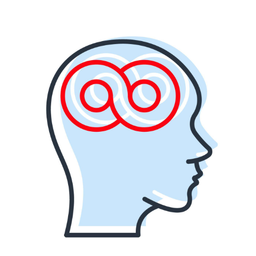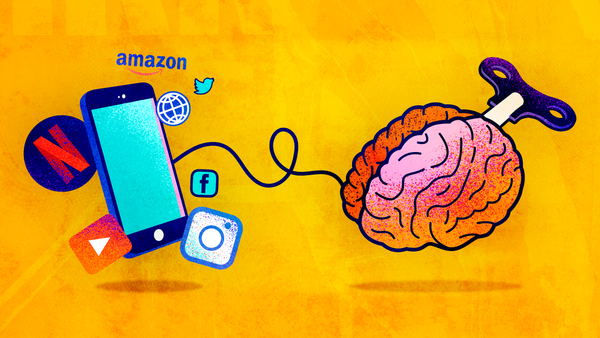The Hidden Psychology That’s Quietly Controlling Your Life
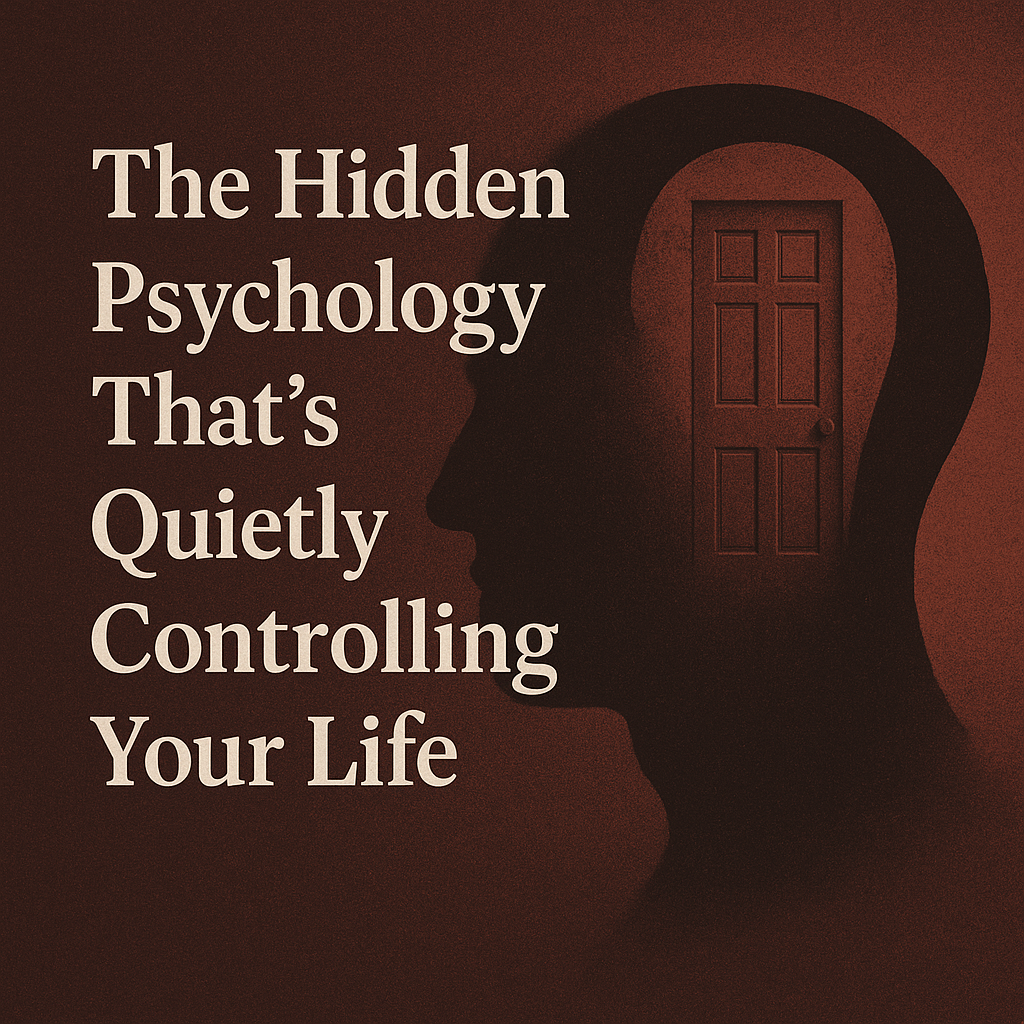
There’s a part of you that no one sees.
Not your partner. Not your closest friend. Not even your late-night journal entries.
It’s a quiet, locked room inside your mind, and if you were honest, you’ve been afraid to open it.
In that room are the moments you never processed:
- The exact second you realized someone you love would one day die.
- The instant you felt invisible, even in a crowded room.
- The first time you looked in the mirror and thought, “This isn’t me.”
You buried these moments because that’s what life trains us to do. Smile. Move on. Keep scrolling.
But they didn’t vanish. They just… waited.
Why We Hide From Ourselves
Psychologists call it emotional avoidance.
I call it self-abandonment.
We build busy schedules, pick up extra shifts, fill our homes with noise — anything to avoid being alone with the questions that scare us:
- Am I living the life I wanted?
- Why do I feel lonely when I’m not alone?
- What would happen if I stopped pretending I was okay?
The truth is: humans are masters at distracting ourselves from pain. But here’s the paradox, the more we avoid those hidden rooms, the more power they have over us.
The Day I Walked Into My Own Room
Years ago, I sat in a therapist’s office, arms crossed, ready to “talk about stress.” What I didn’t expect was to be asked one question that cracked me open:
“When was the first time you remember feeling truly unsafe?”
The room went silent.
My mind flashed to a memory I hadn’t touched in years. My throat closed. My hands shook.
It wasn’t just pain in that memory, it was the origin of how I see myself today.
That moment became a mirror, showing me why I push people away before they can hurt me… and why I keep chasing achievements that never feel like enough.
The Uncomfortable Truth
You can’t heal what you won’t face.
And facing it hurts. It’s messy. It’s terrifying.
But it’s also the only way to truly become free.
This isn’t self-help fluff. It’s science. Studies show that emotional suppression not only deepens anxiety and depression — it affects your immune system, your relationships, and even your lifespan.
You think ignoring your hidden room is keeping you safe.
In reality, it’s quietly burning your life from the inside.
Why I’m Telling You This
This newsletter isn’t just words.
It’s an invitation — to explore the most human, raw, and sometimes painful truths together.
I write for people who are tired of pretending… and brave enough to start walking toward their own locked doors.
If you’ve read this far, you already feel it. The pull toward something deeper.
The part of you that whispers, “This is the work I need to do.”
Recommended Readings


